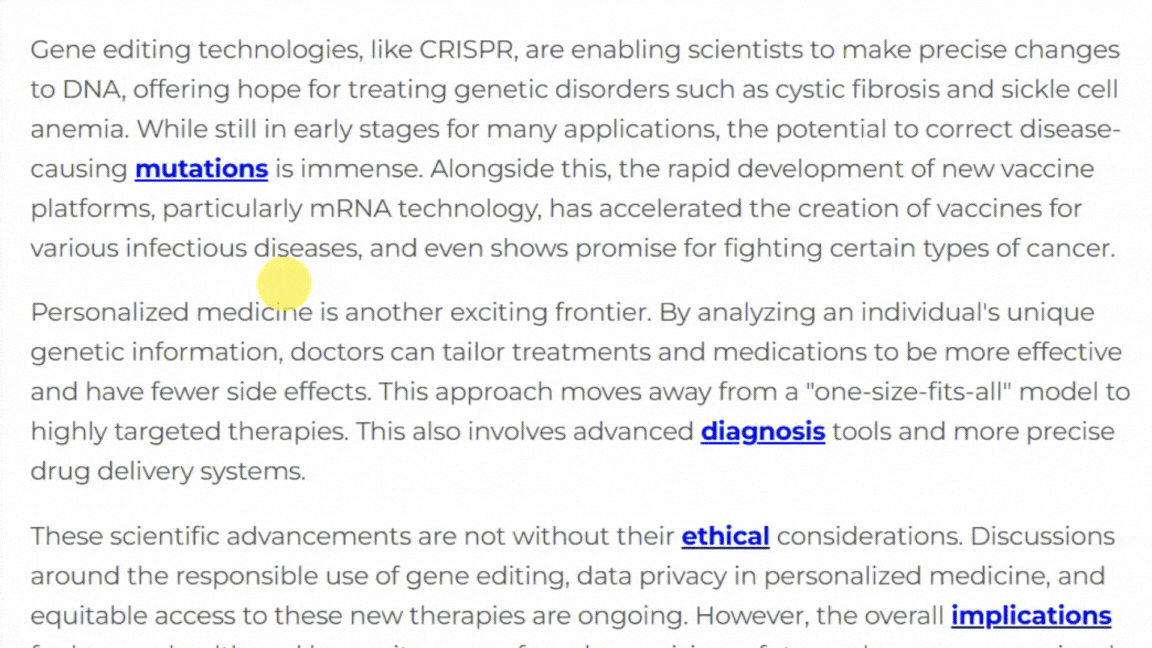Amber Talk
Enhance Your Conversation
Amber Talk
Enhance Your Conversation

Cybersecurity Threats
Breaking News
Listen
Scroll Down For Speaking Practice. Click ‘Practice Speaking Now’ to start.
Read
In today's digital world, cybersecurity threats are a growing global concern. Governments, major organizations, and even individuals are constantly at risk from malicious attacks. Recent reports highlight an increase in state-sponsored hacking and large-scale data breaches, affecting critical systems and sensitive information worldwide.
These cyberattacks are often forms of international espionage, where countries attempt to steal secrets, disrupt operations, or gain a strategic advantage. Attackers exploit vulnerabilities in software and networks to gain unauthorized infiltration. Some attacks involve ransomware, which encrypts data and demands payment, while others aim to disrupt essential services.
The targets are diverse, ranging from government agencies and defense contractors to financial institutions and critical infrastructure like power grids and water supply systems. The global nature of the internet means that an attack originating in one country can quickly have far-reaching consequences across borders. Pinpointing the exact origin of an attack, known as attribution, is often complex and can lead to diplomatic tensions.
In response, nations are increasing their investments in cybersecurity defenses and fostering international cooperation to share threat intelligence and develop common strategies. Building cyber resilience is crucial for protecting digital assets and ensuring the stability of our interconnected world. The ongoing battle against cyber threats requires constant vigilance and collaboration among all stakeholders.
Let's Talk About It!
- 1. How important is cybersecurity for individuals and countries today?
- 2. What are some common ways people can protect their personal information online?
- 3. Do you think governments should spy on other countries using cyber tools? Why or why not?
- 4. What are the biggest risks of a major cyberattack on critical infrastructure?
- 5. How can companies protect themselves from data breaches and ransomware?
- 6. What role does international cooperation play in fighting cybercrime?
- 7. How do you think cyber warfare is different from traditional warfare?
- 8. Should companies pay a ransom if their data is encrypted by ransomware?
- 9. How can education help people become more aware of cybersecurity threats?
- 10. What is your opinion on governments collecting personal data for security?
Article Vocabulary Instructions
Click to Enlarge
